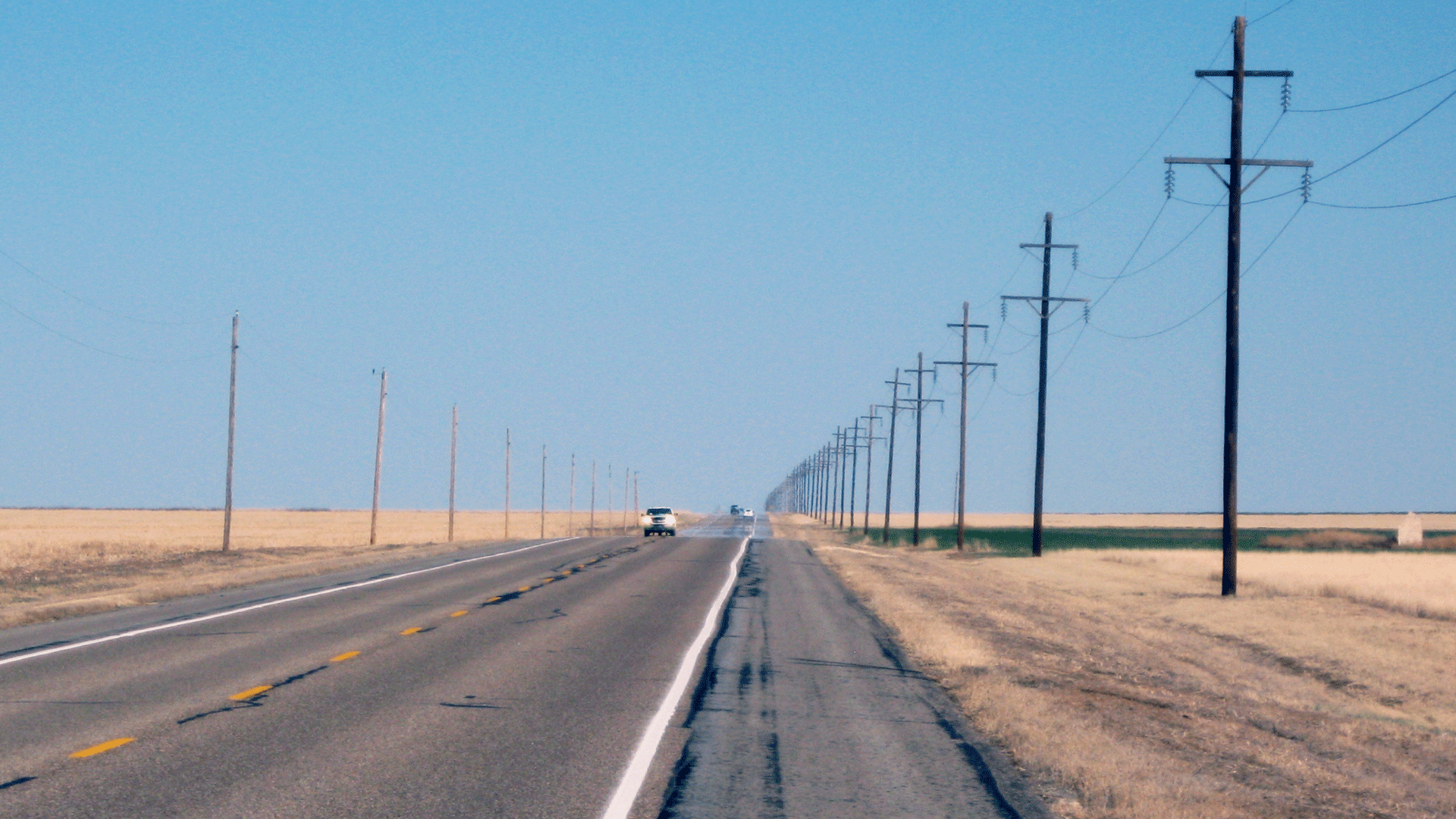Clegg appears to be suggesting that all things created are fair game – every song, book, film, magazine article, photograph, painting, poem. Anything that can be saved and recorded digitally, unless the creator actively seeks some way to opt out, should not need permission to be plundered. The implication from Clegg is that it would be too gargantuan a task to go to all creators, therefore best to allow AI tech owners to just get on with it. Which comes at things from the wrong end of the telescope.
It looks at everything as essentially a tech necessity as progress progresses, rather than a creator’s right to ownership. Which also, then cheapens the thing the creator makes, leading its value to come in nowhere. It’s little more than fertiliser for growth, that has to be paid for by the people making the fertiliser for the benefit of those using it and ultimately profiting from it.
It’s not hard to see why coalitions of creators and artists everywhere view this as theft. The maxim ‘where there’s a hit there’s a writ’ used to follow successful contemporary musicians around. It took over six years and several different US courts to reach an agreement on claims of copyright breach over Led Zeppelin’s “Stairway to Heaven”. It found, eventually, in Zeppelin’s favour. Many other similar cases with other songs and artists have run through the courts over the last 50 years.
Where does plagiarism, theft and breach of copyright end? Where tech companies find it inconvenient and say it ends, evidently.
And what for? What is the end game? How does all this help humanity? An AI giant hoovering up Crazy Frog and similar tunes is not advancing medicine or helping find a more efficient means of storing energy. It’s going to help build a store that can ultimately be monetised.
For Elton John, and other major artists who have, rightfully, struck out to try and control this, the rise of AI is a twofold menace. On the one hand, it’s taking bread from the mouths of young musicians, many of whom scrape by because digital file sharing made it impossible to make a living through music sales.
Advertising helps fund Big Issue’s mission to end poverty
At least they could still be rewarded for creating. Not if AI stole that too.
And also, because it takes the soul of it all. Elton John warned that AI music would be different because it lacked that human soul that elevates us.
What if it doesn’t. THAT’S the real fear.
I think Carol Kaye’s descending six-note bass run at the start of “Wichita Lineman” is one of the most perfect openings to any song ever recorded. And when The Wrecking Crew hit their sad, wide-open stride and Glen Campbell is still on the line, well, how do you beat that? How??!?
It’s humanity, everything you need and miss, in just over three minutes.
But what if AI, by sucking up the world, finds a way to recreate that. What if, before too long, the non-human has made a song that defines the essence of the inexplicable the way “Wichita Lineman” does? What are we then? Well, Nick Clegg?
Advertising helps fund Big Issue’s mission to end poverty
Paul McNamee is editor of the Big Issue. Read more of his columns here. Follow him on X.
Promises are easy to break. Sign Big Issue’s petition for a Poverty Zero law and help us make tackling poverty a legal requirement, not just a policy priority.
Do you have a story to tell or opinions to share about this? Get in touch and tell us more. Big Issue exists to give homeless and marginalised people the opportunity to earn an income. To support our work buy a copy of the magazine or get the app from the App Store or Google Play.






